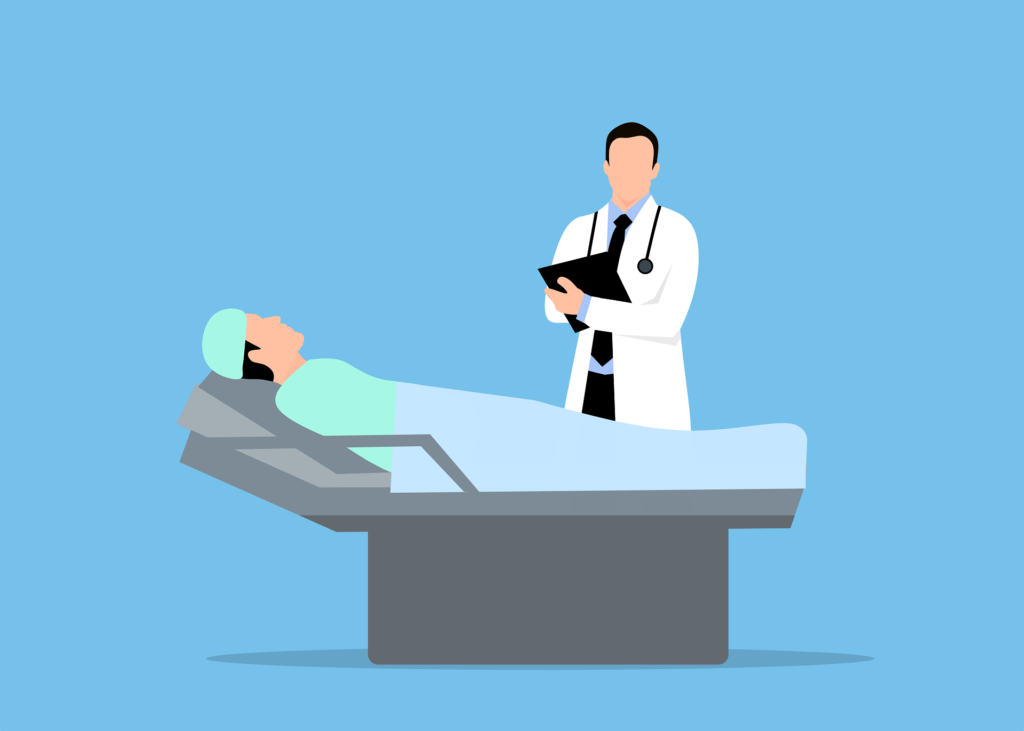Skip to content

AEIOU TIPS
A: Alcohol, Acidosis, and Anoxia
- Alcohol: Acute intoxication or withdrawal can lead to altered mental status or unconsciousness.
- Acidosis: Metabolic (e.g., diabetic ketoacidosis) or respiratory (e.g., severe asthma) acidosis. (Hypercapnia)
- Anoxia: Lack of oxygen to the brain, due to conditions like choking, cardiac arrest, or severe respiratory distress.
E: Epilepsy, Electrolytes, and Endocrine
- Epilepsy: Seizures or postictal states can cause temporary unconsciousness.
- Electrolytes: Imbalances such as hyponatremia, hypernatremia, hypocalcemia, or hypercalcemia.
- Endocrine: Disorders like hypoglycemia, hyperglycemia, hypothyroidism, or adrenal insufficiency.
I: Infection
- Infection: Severe systemic infections (sepsis) or central nervous system infections (meningitis, encephalitis).
O: Overdose
- Overdose: Excessive intake of drugs, including prescription medications, recreational drugs, and toxins.
U: Uraemia
- Uraemia: Accumulation of waste products in the blood due to kidney failure.
T: Trauma, Temperature, and Cardiac Arrest
- Trauma: Head injuries leading to concussion, intracranial bleeding, or brain swelling.
- Temperature: Extreme body temperatures, such as hyperthermia (heat stroke) or hypothermia.
- Cardiac Arrest: Sudden loss of heart function leading to unconsciousness.
I: Insulin
- Insulin: Hypoglycemia due to excessive insulin or hyperglycemia due to insufficient insulin management in diabetics.
P: Poisoning, Psychiatric, and Syncope
- Poisoning: Exposure to toxic substances, including carbon monoxide, pesticides, and heavy metals.
- Psychiatric: Severe psychiatric conditions like catatonia or conversion disorder.
- Syncope: Temporary loss of consciousness due to a sudden drop in blood pressure or cardiac output.
S: Stroke, Seizure, Shock, and Hypercapnia
- Stroke: Ischemic or hemorrhagic strokes affecting brain function.
- Seizure: Generalised seizures leading to loss of consciousness.
- Shock: Circulatory shock from various causes, such as hypovolemic, cardiogenic, or septic shock.
- Hypercapnia: Elevated carbon dioxide levels in the blood, typically due to respiratory failure or inadequate ventilation.

